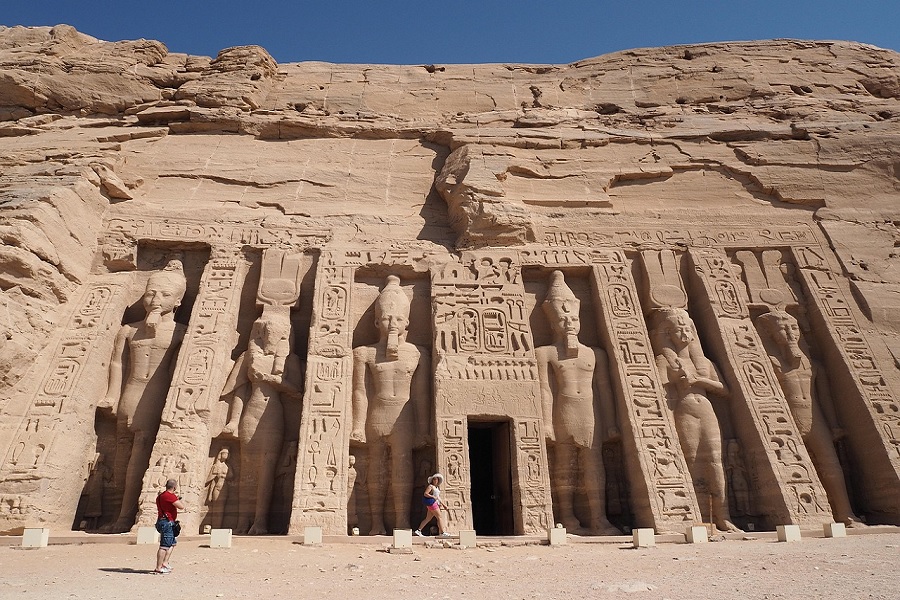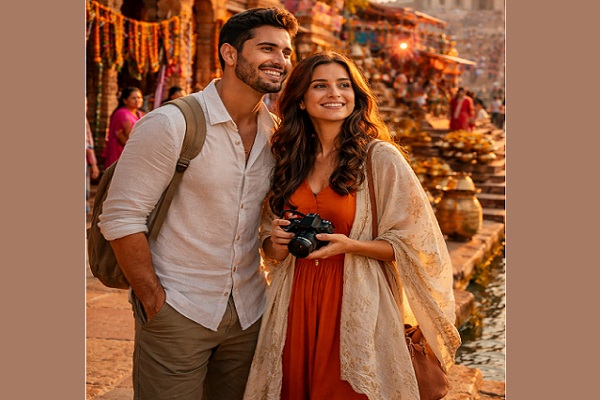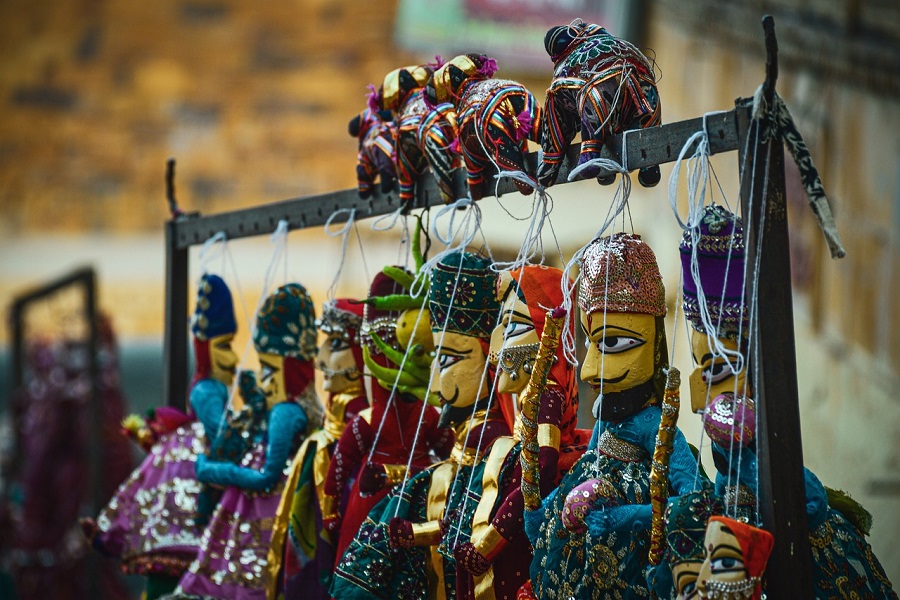Immersing Yourself in the Heart of a Destination

Cultural tourism offers a deeper connection to the places you visit. Unlike traditional vacations focused on sightseeing or relaxation, cultural tourism places emphasis on exploring a destination’s local heritage, traditions, arts, and history. This kind of travel allows you to step inside a culture, learn about its customs, and even participate in local traditions, making for a more immersive and enriching experience.
Why Cultural Tourism Matters
Cultural tourism goes beyond just visiting landmarks or tasting the local cuisine. It’s about truly understanding and experiencing the way of life of a community. By participating in cultural events, such as festivals, arts exhibitions, or religious ceremonies, tourists get a glimpse of the soul of a destination. This fosters mutual respect, understanding, and appreciation of the diverse cultures around the world.
Top Cultural Destinations
-
Varanasi, India
One of the oldest living cities in the world, Varanasi is the spiritual heart of India. Its ghats along the Ganges River, where locals perform daily rituals, offer a truly authentic cultural experience. From witnessing the Ganga Aarti to exploring ancient temples and markets, Varanasi is rich in history, spirituality, and local traditions. -
Florence, Italy
The birthplace of the Renaissance, Florence is home to incredible art, architecture, and cultural heritage. With its world-renowned museums, such as the Uffizi Gallery, and historic landmarks like the Florence Cathedral, visitors can immerse themselves in Italy’s rich artistic history. Florence’s cobbled streets, charming piazzas, and delicious Tuscan cuisine further enhance the cultural experience.
How Cultural Tourism Fosters Global Understanding
Cultural tourism fosters an appreciation of the world’s diversity. By learning about local customs, art, and history, travelers develop a greater sense of empathy and respect for other cultures. This type of travel allows people to become global citizens, understanding the complexities of different societies and celebrating the richness of human heritage.
























